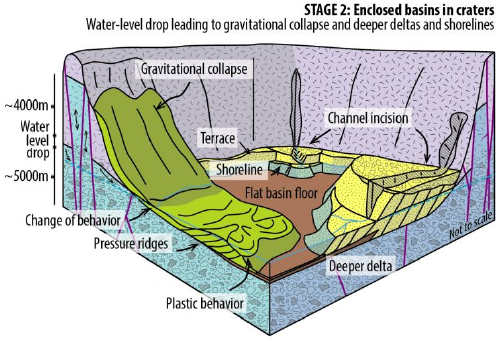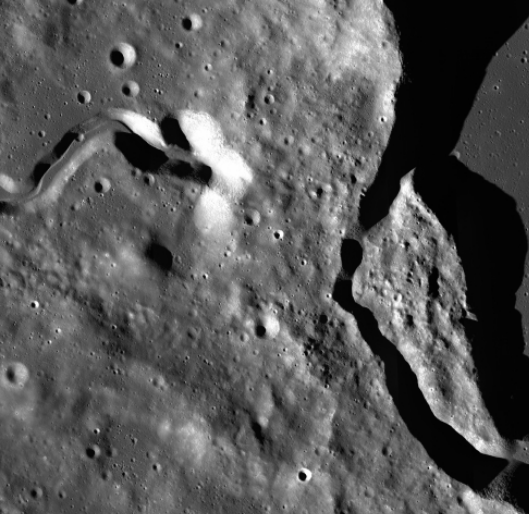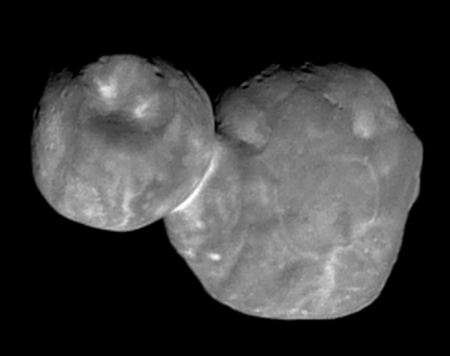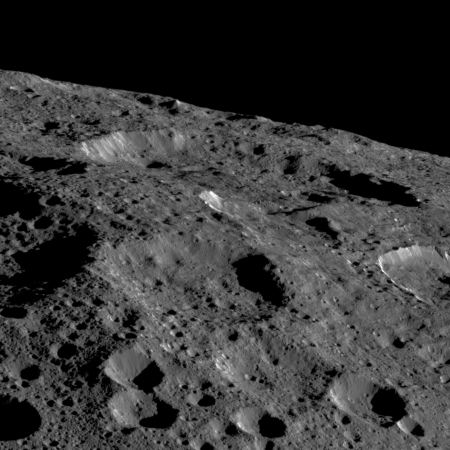Lockheed Martin’s space profits to decline in 2019 because of ULA
Capitalism in space: Lockheed Martin is projecting a decline in its space profits in 2019 because of a decline in income coming from its ULA partnership with Boeing.
In the previous quarterly earnings call in October, Bruce Tanner, Lockheed Martin’s chief financial officer, warned those earnings could be down as much as $150 million in 2019 compared to 2018. Tanner said then that both the number of [ULA] launches and the mix of vehicles contributed to that decline.
“We have more, for instance, Delta 4 launches in 2018 than we expect to have in 2019,” he said in the prior call. “Those are obviously the most profitable launch vehicles in all of ULA’s portfolio.”
In the latest earnings call, Tanner said the decline would not be as large as previously projected, estimating it to be closer $100 million. Part of the change has to do with improved performance at ULA, he said, but a bigger factor was a delay of a Delta 4 Heavy launch from late 2018 to earlier this month, shifting the profit realized from it to 2019. [emphasis mine]
The highlighted language illustrates why they are losing sales. The Delta family of rockets might bring ULA the most income, but that is because it is also its most expensive rocket to build and launch, and is also the one for which it charges the most.
Back in 2016 ULA announced that it planned to retire Delta, but it has not yet done so, probably because the company earns so much with each launch. Whether they eventually retire it or not doesn’t really matter, however, because its high cost will have it with time go the way of the horse regardless. Other cheaper rockets, such as the Falcon Heavy, are getting the business instead.
In fact, this competitive process probably explains entirely the drop in earnings expected in 2019.
Capitalism in space: Lockheed Martin is projecting a decline in its space profits in 2019 because of a decline in income coming from its ULA partnership with Boeing.
In the previous quarterly earnings call in October, Bruce Tanner, Lockheed Martin’s chief financial officer, warned those earnings could be down as much as $150 million in 2019 compared to 2018. Tanner said then that both the number of [ULA] launches and the mix of vehicles contributed to that decline.
“We have more, for instance, Delta 4 launches in 2018 than we expect to have in 2019,” he said in the prior call. “Those are obviously the most profitable launch vehicles in all of ULA’s portfolio.”
In the latest earnings call, Tanner said the decline would not be as large as previously projected, estimating it to be closer $100 million. Part of the change has to do with improved performance at ULA, he said, but a bigger factor was a delay of a Delta 4 Heavy launch from late 2018 to earlier this month, shifting the profit realized from it to 2019. [emphasis mine]
The highlighted language illustrates why they are losing sales. The Delta family of rockets might bring ULA the most income, but that is because it is also its most expensive rocket to build and launch, and is also the one for which it charges the most.
Back in 2016 ULA announced that it planned to retire Delta, but it has not yet done so, probably because the company earns so much with each launch. Whether they eventually retire it or not doesn’t really matter, however, because its high cost will have it with time go the way of the horse regardless. Other cheaper rockets, such as the Falcon Heavy, are getting the business instead.
In fact, this competitive process probably explains entirely the drop in earnings expected in 2019.










